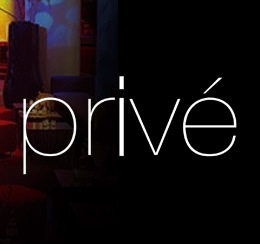Copyright 2007-25 Digital Media Law Project and respective authors. Except where otherwise noted,
content on this site is licensed under a Creative Commons Attribution-Noncommercial-ShareAlike 3.0 License: Details.
Use of this site is pursuant to our Terms of Use and Privacy Notice.
content on this site is licensed under a Creative Commons Attribution-Noncommercial-ShareAlike 3.0 License: Details.
Use of this site is pursuant to our Terms of Use and Privacy Notice.


 According to the
According to the 

Description:
Dr. Brett Prince contacted Mayflower Transit company, a moving company that uses the service mark MAYFLOWER, to assist him with a move. Prince eventually contracted with Lincoln Storage, a company that he believed was a local affiliate of Mayflower. Some of Prince's belongings were stolen during the move, and Prince was very dissatisfied with his experience.
In March 2000, Prince developed a series of websites critical of Mayflower and used the name Mayflower in the domain names. He registered the domains "mayflowervanlinebeware.com" and "mayflowervanline.com," among others. The "gripe sites" warned customers against using Mayflower based on Prince's claimed bad experience with the company. Mayflower disputed that it was ever involved in Prince's move, claiming that only Lincoln Storage was involved.
On October 30, 2000, Mayflower sued Prince, claiming a violation of the Anticybersquatting Consumer Protection Act (ACPA). Mayflower also asserted claims for libel, trade libel, and trademark dilution.
The district court granted Prince's motion to dismiss the trademark claims, determining that the gripe sites did not violate the ACPA because Prince was not attempting to profit financially from Mayflower's name. Thus, the sites constitued a "bona fide noncommercial or fair use of the mark." The court allowed the libel claims to proceed
In May 2004, the parties settled the case. It appears that as a result of the settlement, Prince's websites were taken down (they are no longer accessible).